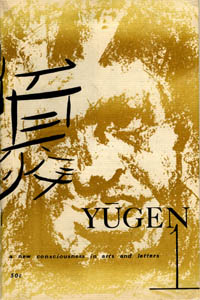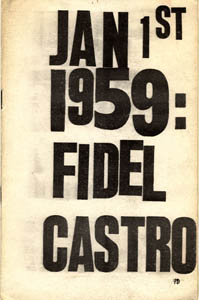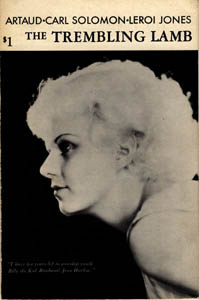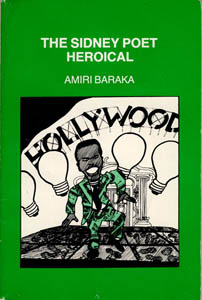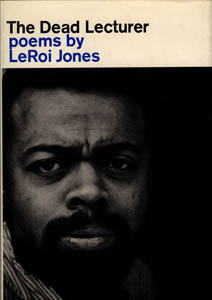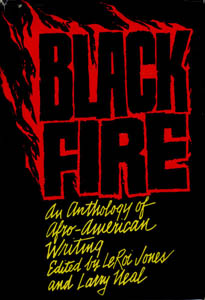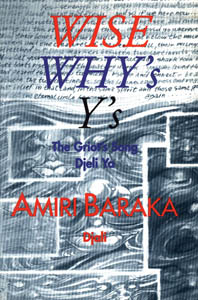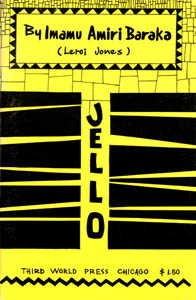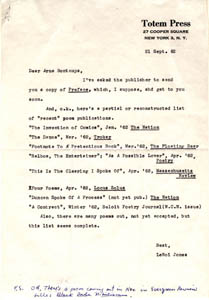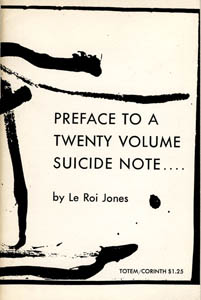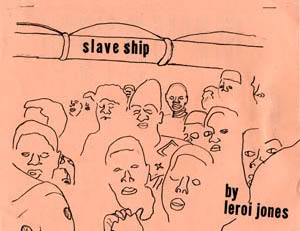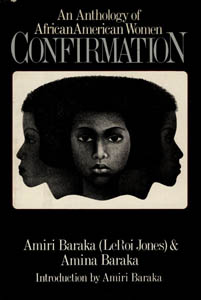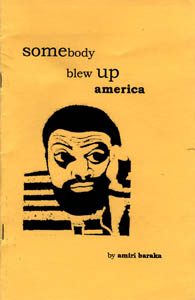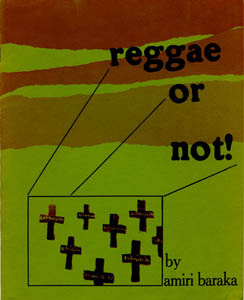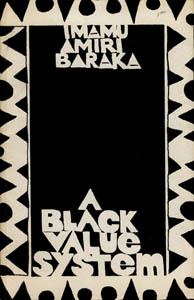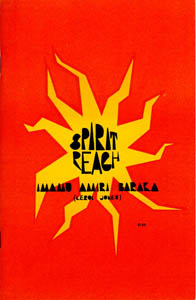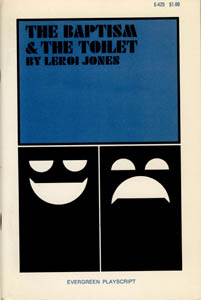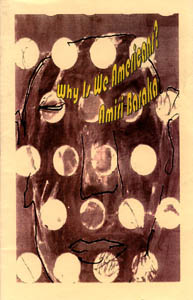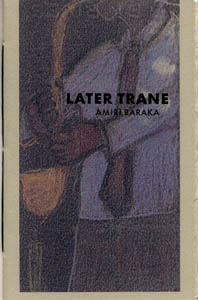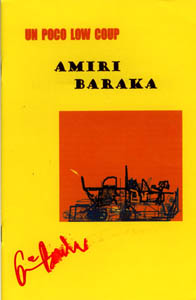Introduction
Everett LeRoi Jones
Paul Breman and Arna W. Bontemps
Broadside Press
Third World Press
American Small Presses
The Visual Arts and Serial Publications
Syracuse University Library – Special Collections Research Center
Everett LeRoi Jones
Everett LeRoi Jones (who published after 1967 under the name Imamu Amiri Baraka) was born in 1934 in Newark, New Jersey. Always controversial and often confrontational, Baraka, often referred to as the founder of the Black Arts Movement, has reinvented himself artistically and politically over the course of his career as a music critic, novelist, playwright, poet, and social activist. Editing and publishing with Hettie Cohen the periodical Yugen and with Diane Di Prima the publication Floating Bear, Baraka laid claim to Beat Movement credentials with both his avant-garde poetry and his friendship with Frank O’Hara, Allen Ginsberg, and Gilbert Sorrentino. With the convergence of the civil rights movement and the death of Malcolm X, Baraka embraced black nationalism, a stance he later rejected as racist, but which helped to solidify Baraka’s assessment by his contemporaries as the creator of a new black aesthetic. As his political thought and artistic sense evolved, Baraka became a Third World socialist, and, most recently, a Marxist. His post- September-eleventh poetic statement entitled Somebody Blew Up America caused its own firestorm when Baraka speculated that “Israeli workers” had prior knowledge of the World Trade Center bombings. Swift and aggressive response from the national news media brought the rescinding of the title that he then held as the poet laureate of New Jersey. The recipient of a Guggenheim fellowship, a grant from the National Endowment for the Arts, an Obie (off Broadway) Award for his play Dutchman, and the American Book Award for Confirmation: An Anthology of African American Women, Baraka has also been awarded numerous other national and international honors.

